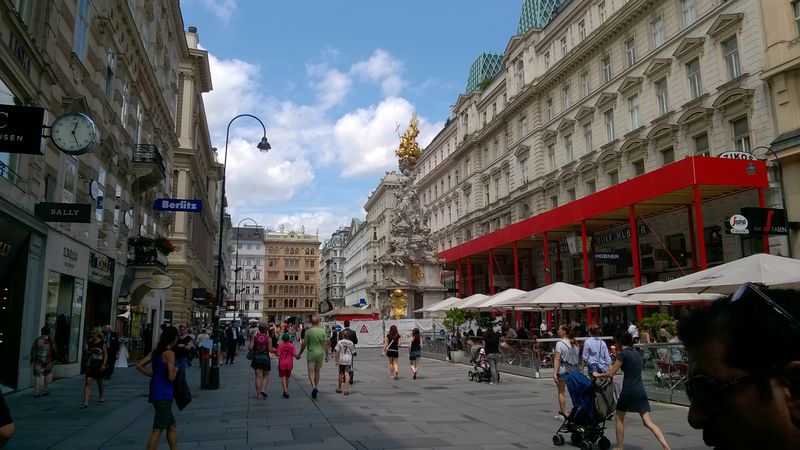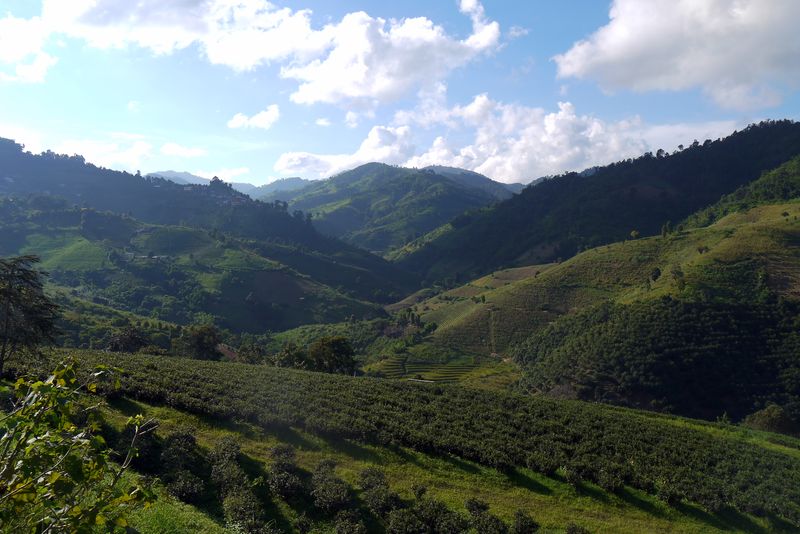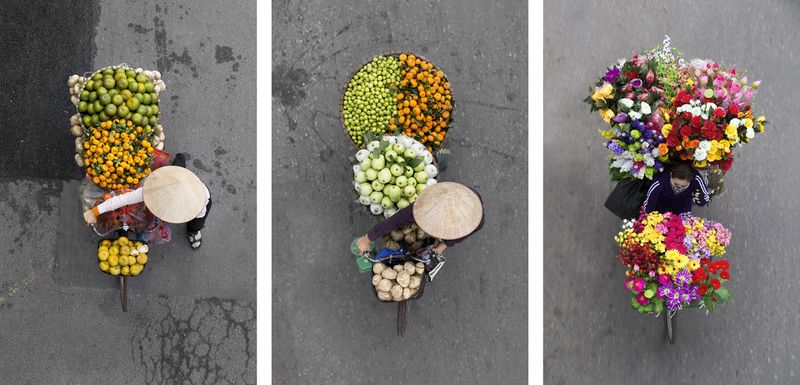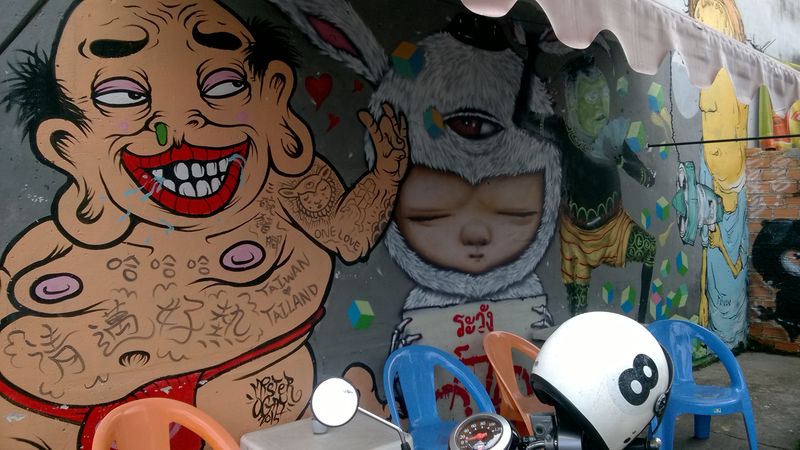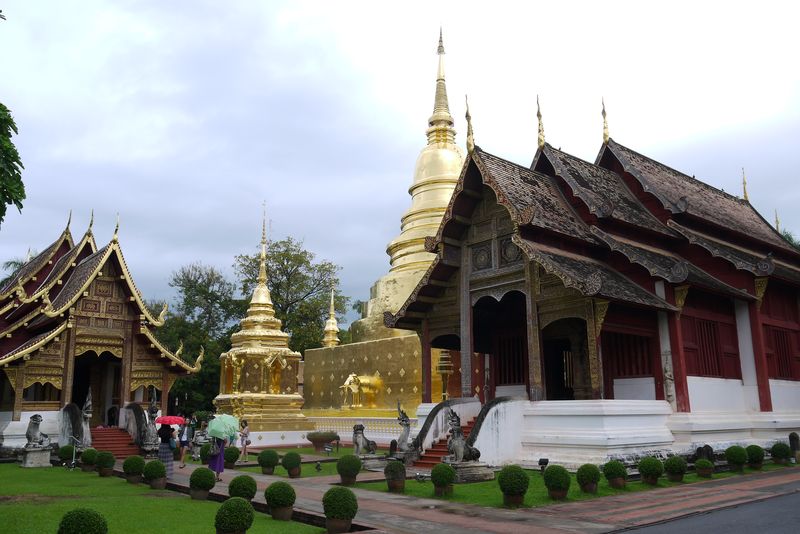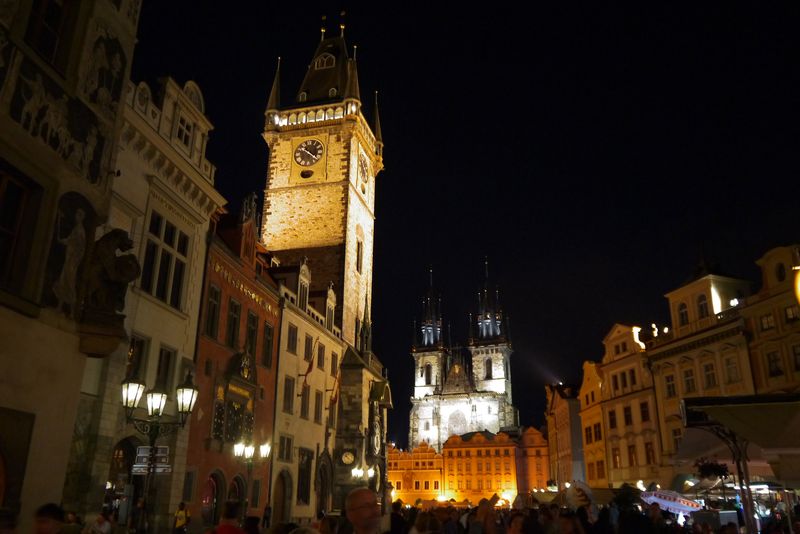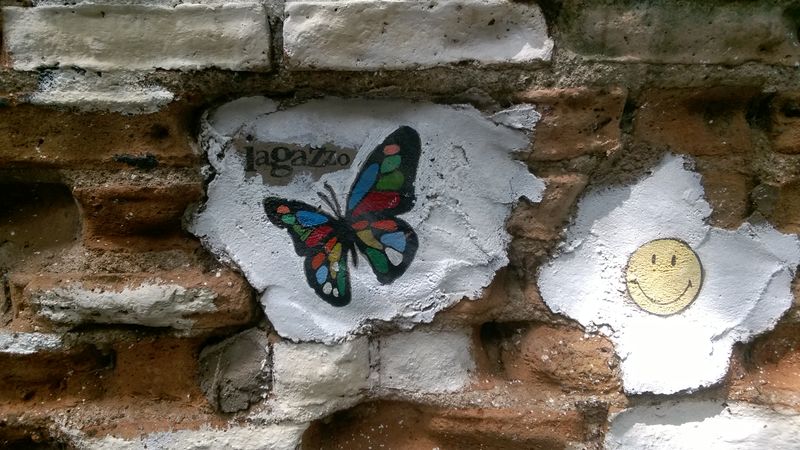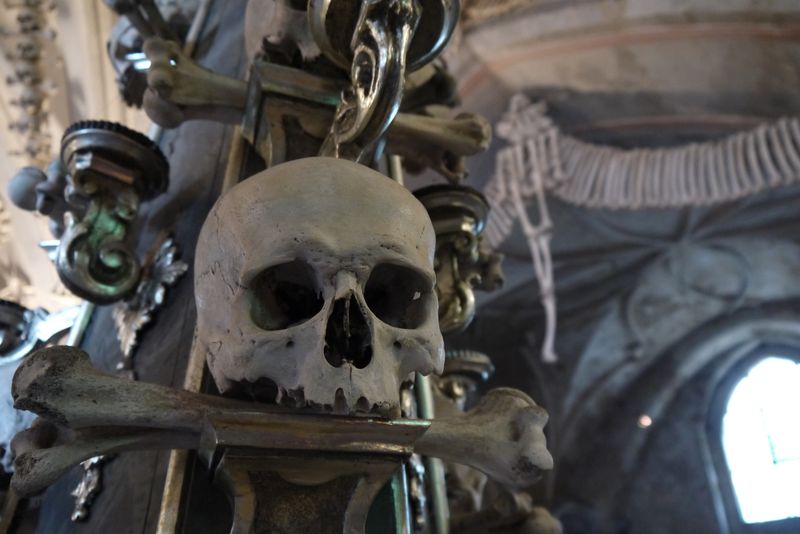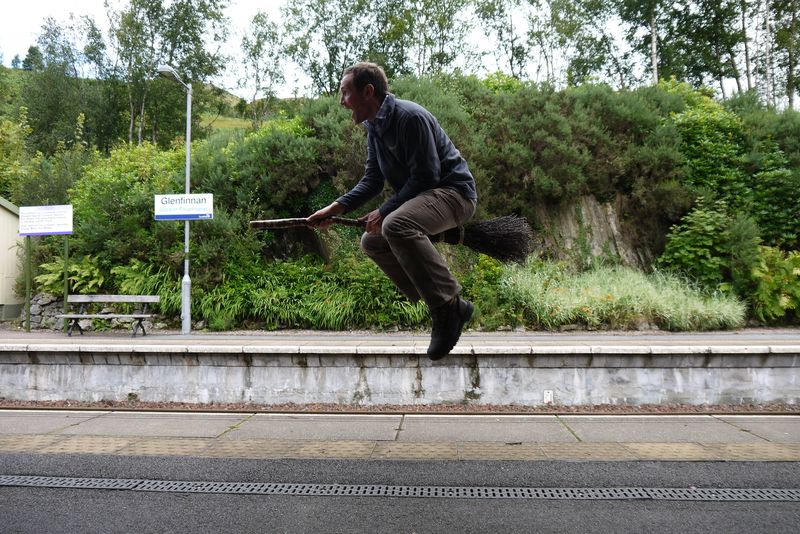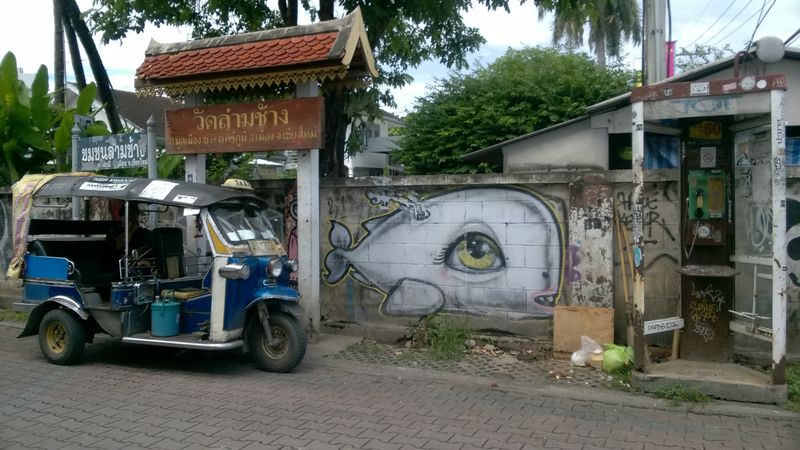Our Viennese Whirl
After two days of exploring Bratislava, Slovakia’s Little Big City, we had some time on our hands. A quick map check revealed that we were just a hop, skip and a jump away from a brand new country: Austria. In fact, the capital Vienna lay just 60km away and would take only an hour to reach by bus. We couldn’t resist the temptation to get a taste of a new city, so we set off the very next day on our Viennese Whirl. 07 November, 2016 / 7 Comments





